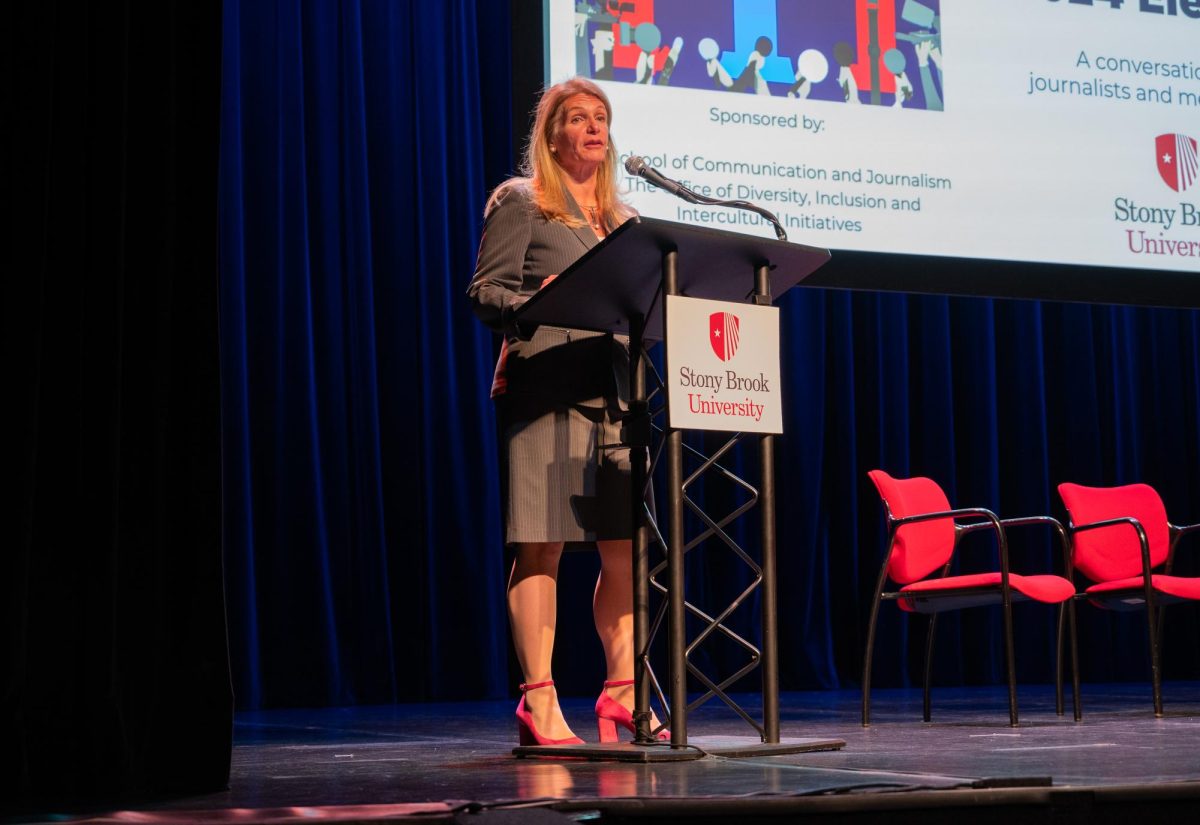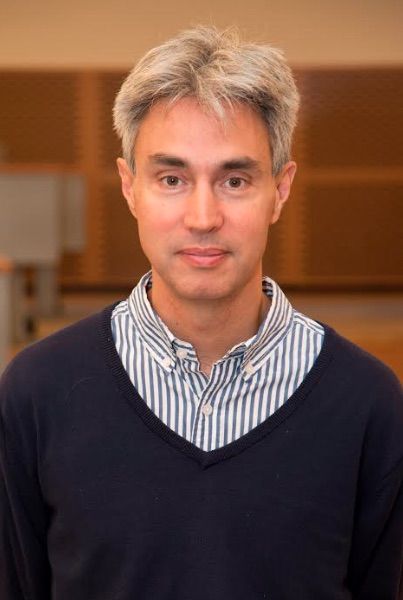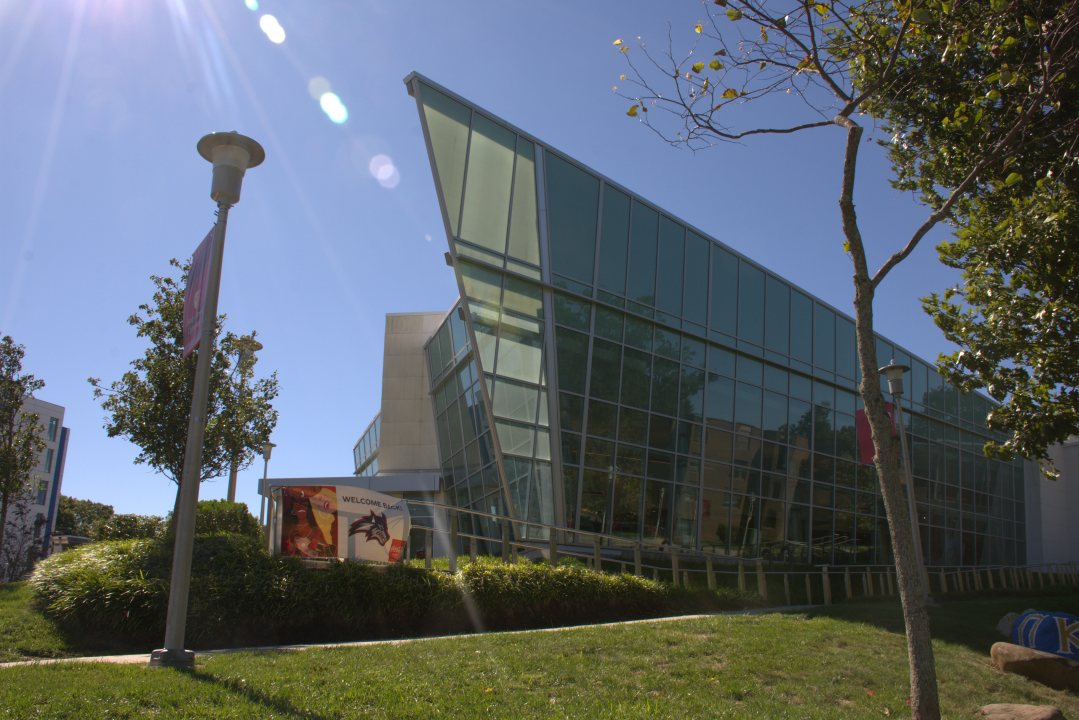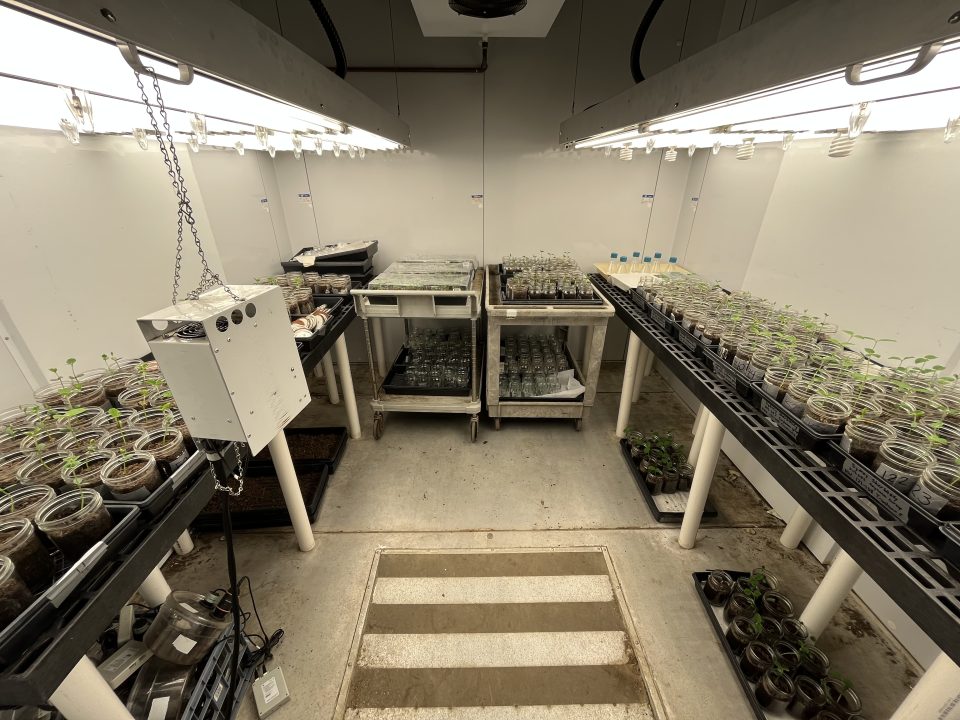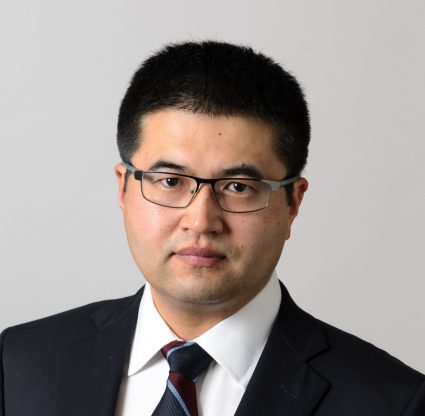
On Sept. 16, 2021, A Stony Brook University-led statewide research team received a $5 million grant from the National Science Foundation (NSF) to develop the world’s first microgrid, fully operated by artificial intelligence (AI), to improve power infrastructure.
The project, officially titled “AI-based Programmable Microgrid,” or “AI-Grid” for short, is led by Peng Zhang, a SUNY Empire Innovation professor in the Department of Electrical and Computer Engineering. AI-Grid aims at helping communities that suffer from high electricity costs, low-energy reliability and poor resilience.
The project is currently in phase two of its implementation, which focuses on expanding the prototype and developing a feasible product with an additional $5 million grant from the NSF’s cooperative agreement. Previously, Zhang and his team were granted $1 million as part of the NSF Convergence Accelerator Program in phase one for the prototyping stage, during which models were tested in small-scale lab systems.
“NSF has a lot of hope and expectation on us,” Zhang said. “Our goal is to build some products that can be readily used for the industry. Within two years we need to deliver a really functional hardware system.”
Zhang said that every year there are many major blackouts in the U.S., costing hundreds of billions of dollars.
“Our product offers a potential solution to protect our customers from these blackouts, ensuring that they will not experience interrupted power supplies,” Yifan Zhou, a co-investigator on the project, said.
Qing Shen, a first-year Ph.D. student working on AI-Grid, said the team is dedicated to improving stability and flexibility. “For example, if a fault happens in Long Island, our system can predict how the trajectory will change in New York City, and the power system can adapt to act more efficiently,” Shen said.
In order to accomplish this, the team is integrating a variety of new technologies that have been recently developed at Stony Brook University.
For example, Neural Ordinary Differential Equations are being used to construct dynamic models of the system in the form of differential equations. Other technologies that are being implemented include software-defined networking, reachability access and robust modeling.
The AI-Grid team is also working on incorporating a security layer into the system that would help protect the grid against cyberattacks and any major faults or accidents.
The purpose of this “three lines of defense” technology, Zhang said, is to “guarantee that it becomes nearly impossible for an attacker to pose any real problem to the power system.” This will ensure that the power grid is invulnerable to cyberattacks.
The project also introduces the incorporation of AI into power infrastructure.
According to Zefan Tang, a postdoctoral scholar at Brookhaven National Lab, using AI can help increase the flexibility and resilience of the current power infrastructure. However, future research would include “making sure that the AI-based methods are accurate, safe and practical compared with some of the more traditional methods.”
As part of phase two, the product that the AI-Grid team is developing will be tested by three microgrid systems in the United States.
These testing locations include the Energy and Innovation Park, a microgrid-connected energy project in Connecticut; the Epic Institute, based in California; and the Bronzeville Community Microgrid project in Chicago that was sponsored by the Department of Energy.
According to Zhang, the AI-Grid team has also established over 30 different industry partners, including Brookhaven National Laboratory, Eversource Energy, PSEG Long Island, Hitachi America, New York Power Authority, Worcester Polytechnic Institute and Massachusetts Institute of Technology.
“This kind of project requires a multidisciplinary collaboration,” Zhang said, emphasizing the team effort that went into AI-Grid. Co-investigators working on this project at Stony Brook include power system expert Yifan Zhou, computer science experts Scott Smolka and Scott Stoller and Professor Xin Wang from the Department of Electrical and Computer Engineering.
“We want to create a product with many real world benefits, and from our project we’re bound to change how the microgrid, and maybe how power systems in general, operate with AI techniques,” Zhou said.







